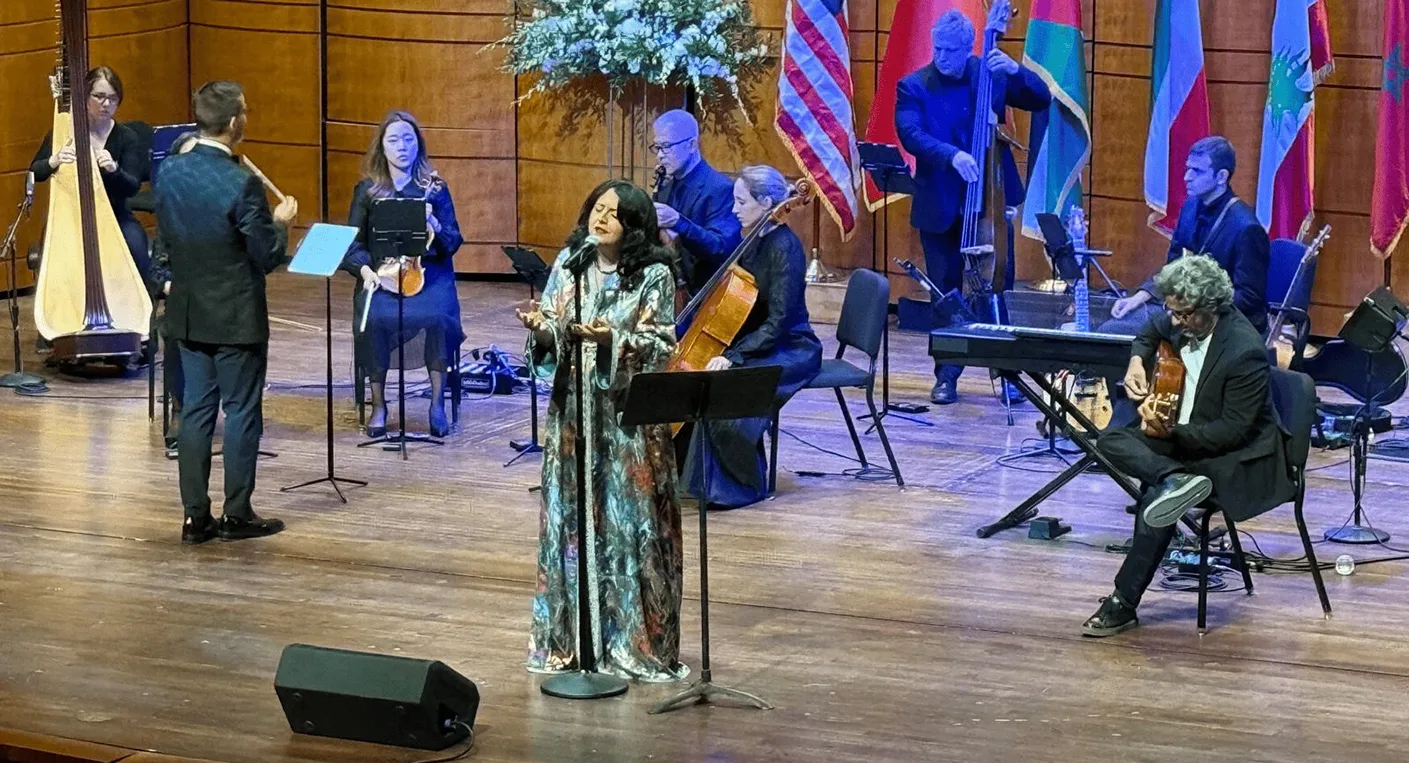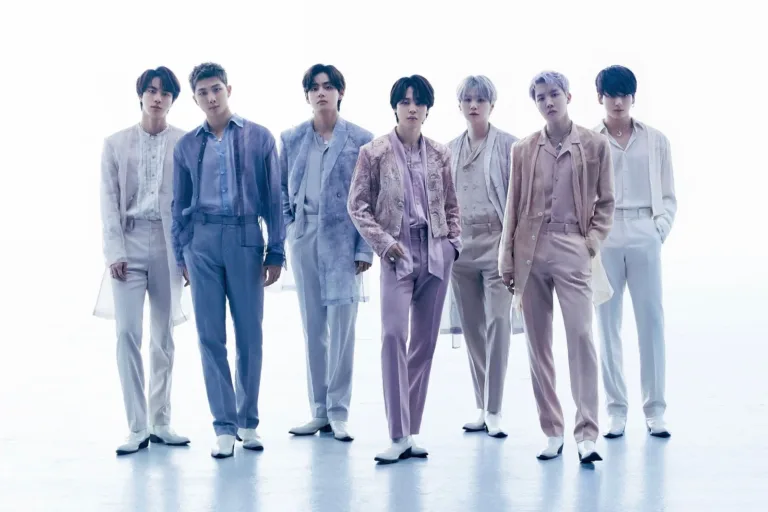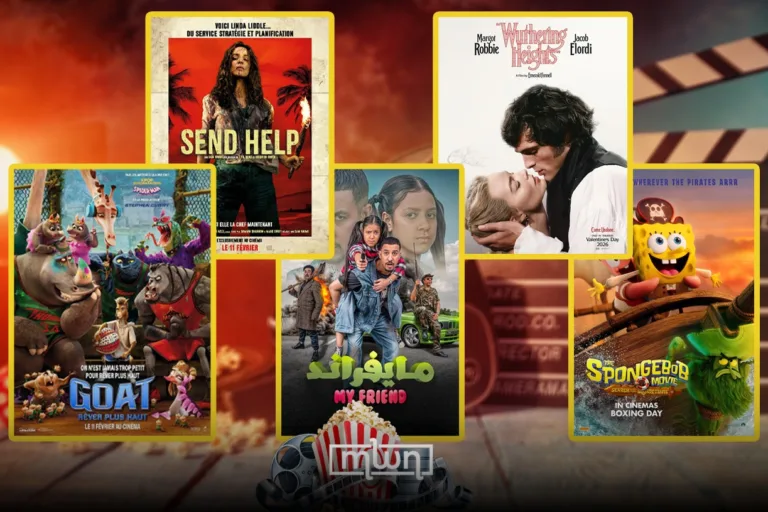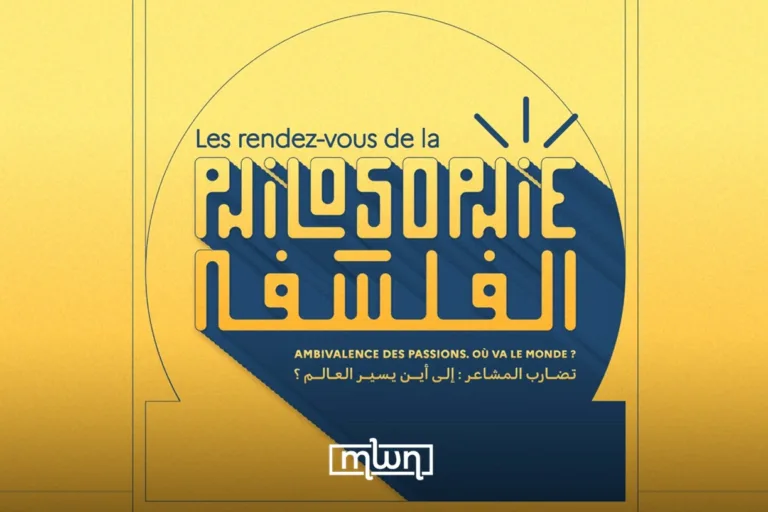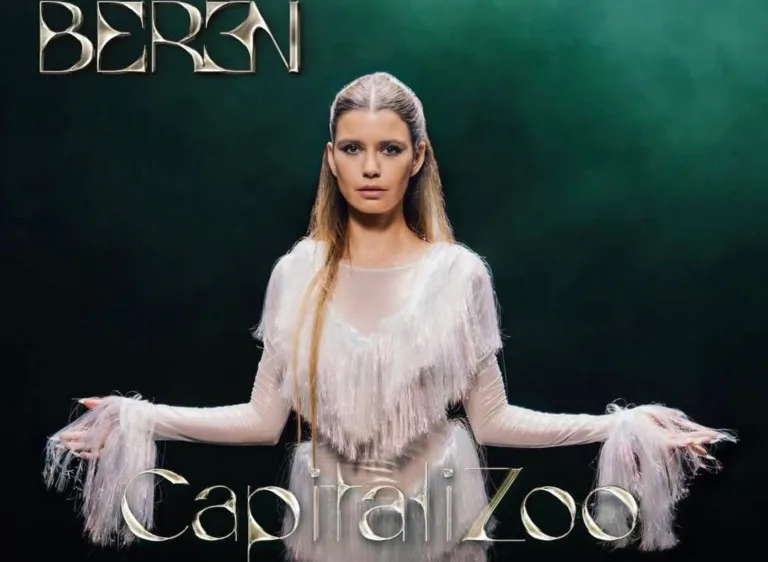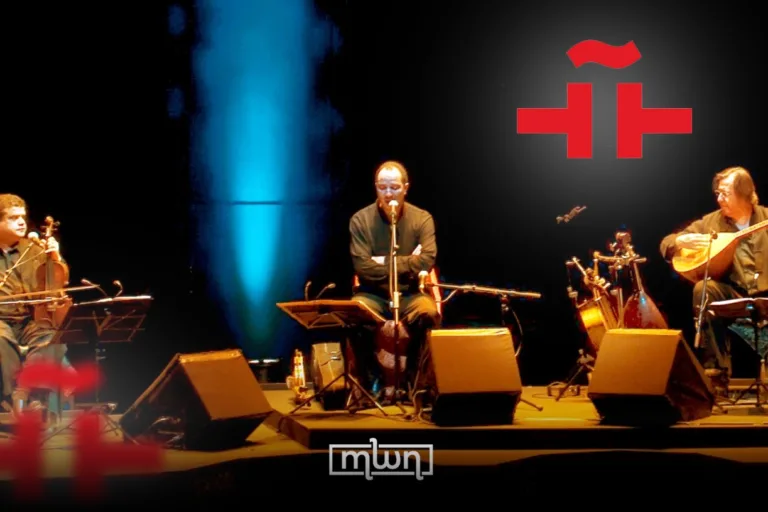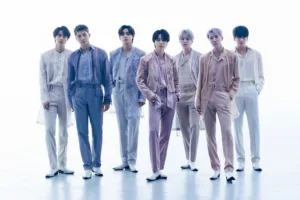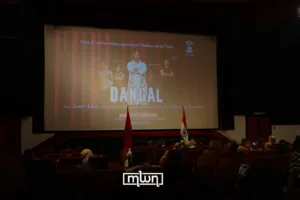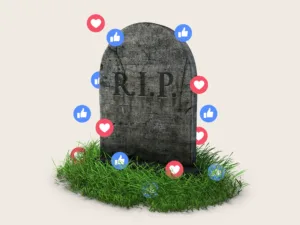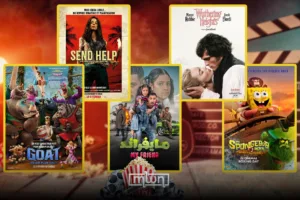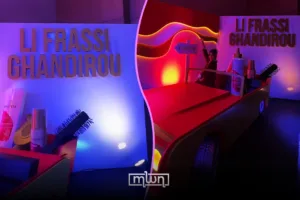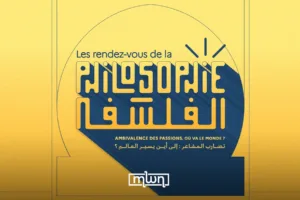Fez — The one-night program filled the grand halls of the Kennedy Center with a mix of classical and contemporary sounds from across the Arab world. Morocco was positioned as a standout voice in a lineup alongside artists representing Saudi Arabia, Bahrain, Jordan, Kuwait, Qatar, the UAE, Lebanon, and Oman.
Organized in partnership with the Embassy of Morocco in Washington and fellow Arab representatives, the concert framed culture as a shared language, one capable of crossing borders even in tense times.
Morocco’s set leaned into what Ambassador Youssef Amrani described as the Kingdom’s plural musical identity, shaped by Arab, Amazigh, Andalusian, and Saharan traditions.
In brief remarks, he recognized how younger generations of Moroccan artists are blending the authentic with the modern, enriching the country’s cultural profile while advancing intercultural dialogue.
That premise came to life on stage: Maan’s luminous vocals and Hilal’s deft arrangements gave “Ana Fnit” both emotional weight and contemporary polish, earning rumbling applause.
The evening also had a humanitarian cause. All proceeds supported Choose Love’s partner programs at St. Jude Children’s Research Hospital, with funds put towards food, medical supplies, and essential aid, particularly for children affected by conflict.
By pairing performance with philanthropy, organizers aimed to amplify the impact beyond the concert hall, spotlighting the role of the arts in mobilizing solidarity across the MENA region and the US.
Beyond the headline performance, Morocco’s presence at “Sounds from Home” reflected a broader push in cultural diplomacy—using music not merely as entertainment, but as an instrument of outreach, education, and bridge-building.
In a country like Morocco, the musical ecosystem and festival circuits—from Mawazine to the Gnaoua Festival—regularly fuse local traditions with global genres to reach new audiences.
For attendees in Washington, the takeaway was direct and resonant. Morocco’s segment showed how a well-curated blend of heritage and innovation can carry both national identity and universal emotion. In the US’ premier performing arts venue, that message landed with clarity: the Kingdom’s music is not only a window into its past but also a living, evolving language of connection.

